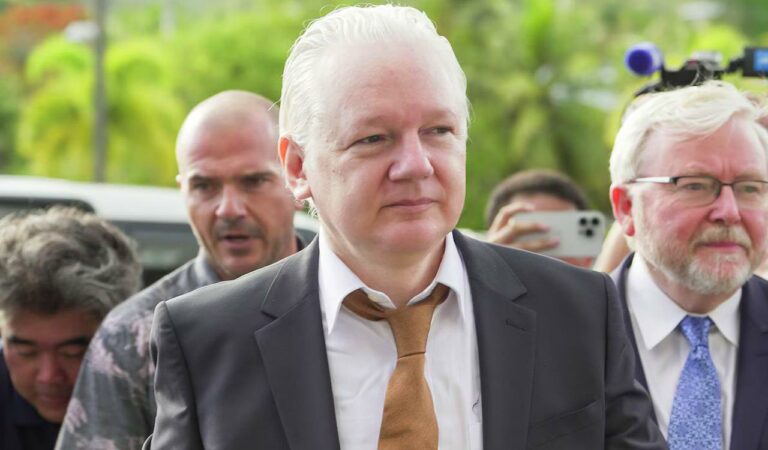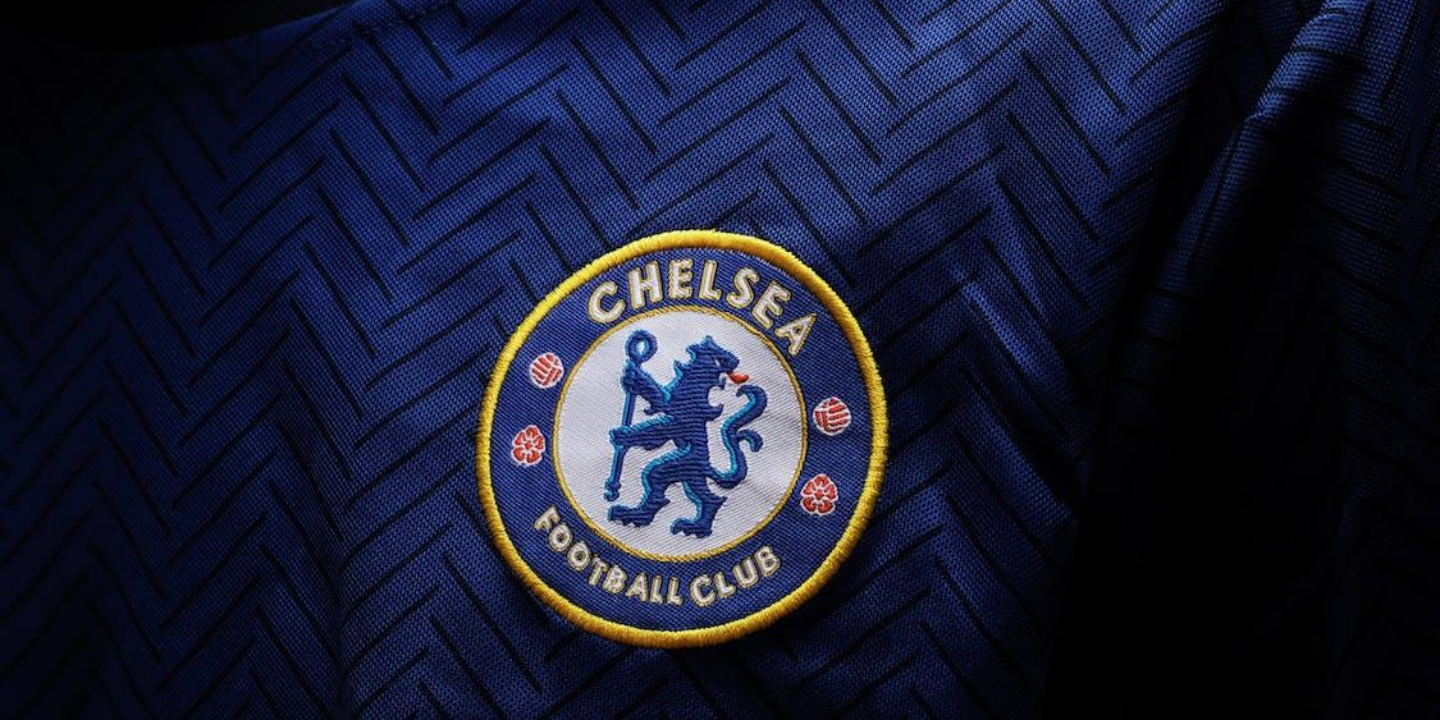
Deified by some and despised by others in equal measure, WikiLeaks founder Julian Assange is finally a free man. After years of legal battles and confrontations with the governments of multiple countries, the whistle-blower and publisher, who dominated media headlines for disclosing troves of secret documents exposing the brutalities of America’s war in Afghanistan and Iraq, walked free after spending five years in a UK prison following a plea deal with the United States Justice Department on a conspiracy charge. As per the agreement, he will plead guilty to violating the Espionage Act and receive credit for the time he spent behind bars in Britain while fighting extradition to America. The implication of this development is that Assange’s release from prison is a victory for him and his many supporters around the world, but not necessarily a win for the principles of press freedom. He will still be charged under the 1917 Espionage Act, for “conspiring to unlawfully obtain and disseminate classified information related to the national defence of the United States”. Although the WikiLeaks founder will get to walk free, the Espionage Act will still hang over the heads of journalists reporting on national security issues. It must be pointed out that, at a fundamental level, Assange, an Australian citizen, did what journalists in free societies are supposed to do: Speak truth to power. But, the hounding and harassment of Assange demonstrated the duplicity of Western democracies that take pride in their freedoms.
A plea deal may have averted the worst-case scenario for press freedom, but it also means that Assange will have served five years in prison for activities that journalists engage in every day. It will cast a long shadow over the most important kinds of journalism, not just in America but around the world. The Assange case is the story of a man who was persecuted and abused for exposing the dirty secrets of the powerful, including war crimes. It is a story of deliberate judicial arbitrariness in Western democracies that are otherwise keen to present themselves as exemplary in the area of human rights. In 2010, WikiLeaks published hundreds of thousands of US diplomatic cables and military files, constituting the largest leak of classified government documents in history. The material included a video showing civilians being killed by fire from a helicopter in Iraq. One of Assange’s collaborators, US Army intelligence analyst Chelsea Manning, was sentenced to 35 years in prison before then President Barack Obama commuted the sentence. Assange’s activism made his case a cause célèbre among press freedom advocates around the world, who insisted his work in exposing US military misconduct is exactly what journalists are expected to do. His supporters see him as a champion of free speech but was projected as a villain in the US for endangering national security.

 2 days ago
2 days ago
















 English (US) ·
English (US) ·